In Order to Revolutionize Fashion, Prioritize Innovation
"We must remain optimistic."

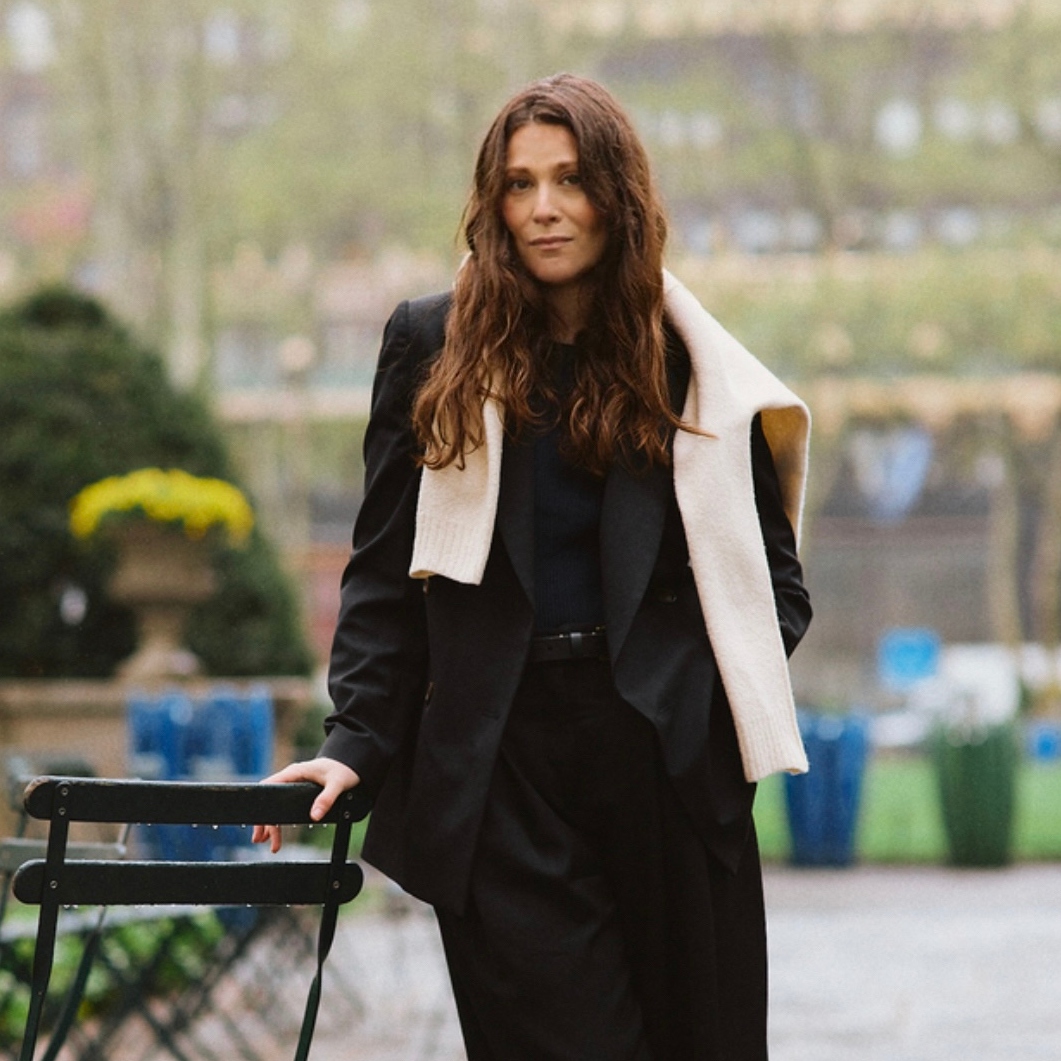
As global warming accelerates, it's becoming ever more evident that the fashion industry—with its billions of garments produced annually and hundreds of millions employed—must make sustainability a core part of the strategy. A seemingly daunting task, yes, but a new norm is possible. "To further sustainability in fashion, we must remain optimistic," encourages Kering's Chief Sustainability Officer, Marie-Claire Daveu. She oversees Kering's sustainability roadmap with a target to reduce their environmental footprint by 40 percent by 2025, achieved through a combination of innovation and impact reduction. "While our progress reflects the very encouraging achievements Kering has made, there is still significant work to do to reach our near-term sustainability ambitions."
While large companies have the resources to achieve goals at a grander scale, creating a sustainable blueprint for the future can take many shapes and forms for independent fashion entrepreneurs. For Hassan Pierre, cofounder of pioneer e-tailer Maison De Mode, giving sustainable designers exposure in the luxury space with his elevated online platform was an innovative way to educate consumers and get them talking about sustainability. "Education can be as simple as creating thoughtful spaces in which [consumers] can make informed decisions about their purchases," he says. "If we could put [responsible fashion designers] together under one umbrella, we could get people talking and move this entire [sustainability] conversation forward," says Pierre.
Having such visibility (front-facing and throughout the supply chain) is imperative to achieving sustainability in the design world, especially in an ecosystem more interconnected than ever—one in which an estimated 21 billion pounds of textiles produced annually end up in the trash. Addressing supply chain and inventory issues via product digitization or digital ID is how entrepreneur and EON founder Natasha Franck sees fashion moving towards a more circular lifecycle. "End-to-end business processes (from where and how products are made to how they're recycled) require data and intelligence," explains Franck. "Right now, we don't even have so much as a bar code for the circular economy," she says. With new technology, like digital ID, "sustainability and profitability can work together," keeping production responsible and more profitable through a product's lifecycle.
But to implement this on a large scale throughout the industry, legislation has to change. In March of last year, the European Commission introduced a policy proposal requiring retailers to reveal information on products' environmental impacts and life cycles to disrupt the destruction of unused goods. It's just one example, but these efforts can't exist in a vacuum. "[Pushing the conversation forward] is about reconnecting the dots and building equity across the entire ecosystem," says Abrima Erwiah, cofounder of Studio 189 and director of the Gromek Institute at Parsons. Erwiah works with women, children, and their respective communities throughout Africa through her organization Fashion Rising. "For real change to happen—for sustainability to happen—we have to give people [the tools and resources] to do things themselves," she says. That means investing in the people behind the products, especially as the adverse ripple effects of irresponsible manufacturing are felt predominately by marginalized communities. "People matter," she says.
There's much work to do on the individual and corporate levels, as Daveu notes, but there's still optimism about a changing status quo. "There are exciting new initiatives, from consumers to the media to the supply chain. Everyone's doing their part within change," explains Franck. Everyone is biting off a piece of the wheel to drive the conversation forward," she says. With heightened collaboration, the implementation of new innovations, and the prioritization of social responsibility, the future of fashion looks a lot brighter.
Stay In The Know
Get exclusive access to fashion and beauty trends, hot-off-the-press celebrity news, and more.

Sara Holzman is the Style Director for Marie Claire, where she's worked alongside the publication for eight years in various roles, ensuring the brand's fashion content continues to inform, inspire, and shape the conversation about fashion's ever-evolving landscape. With a degree from the Missouri School of Journalism, Sara is responsible for overseeing a diverse fashion content mix, from emerging and legacy designer profiles to reported features on the influence of social media on style and seasonal and micro trends across the world's fashion epicenters in New York, Milan, and Paris. Before joining Marie Claire, Sara held fashion roles at Conde Nast's Lucky Magazine and Self Magazine and was a style and travel contributor to Equinox's Furthermore website. Over her decade of experience in the fashion industry, Sara has helped guide each brand's style point of view, working alongside veteran photographers and stylists to bring editorial and celebrity photo shoots to fruition from start to finish. Sara currently lives in New York City. When she's not penning about fashion or travel, she’s at the farmer’s market, on a run, working to perfect her roasted chicken recipe, or spending time with her husband, dog, and cat. Follow her along at @sarajonewyork
-
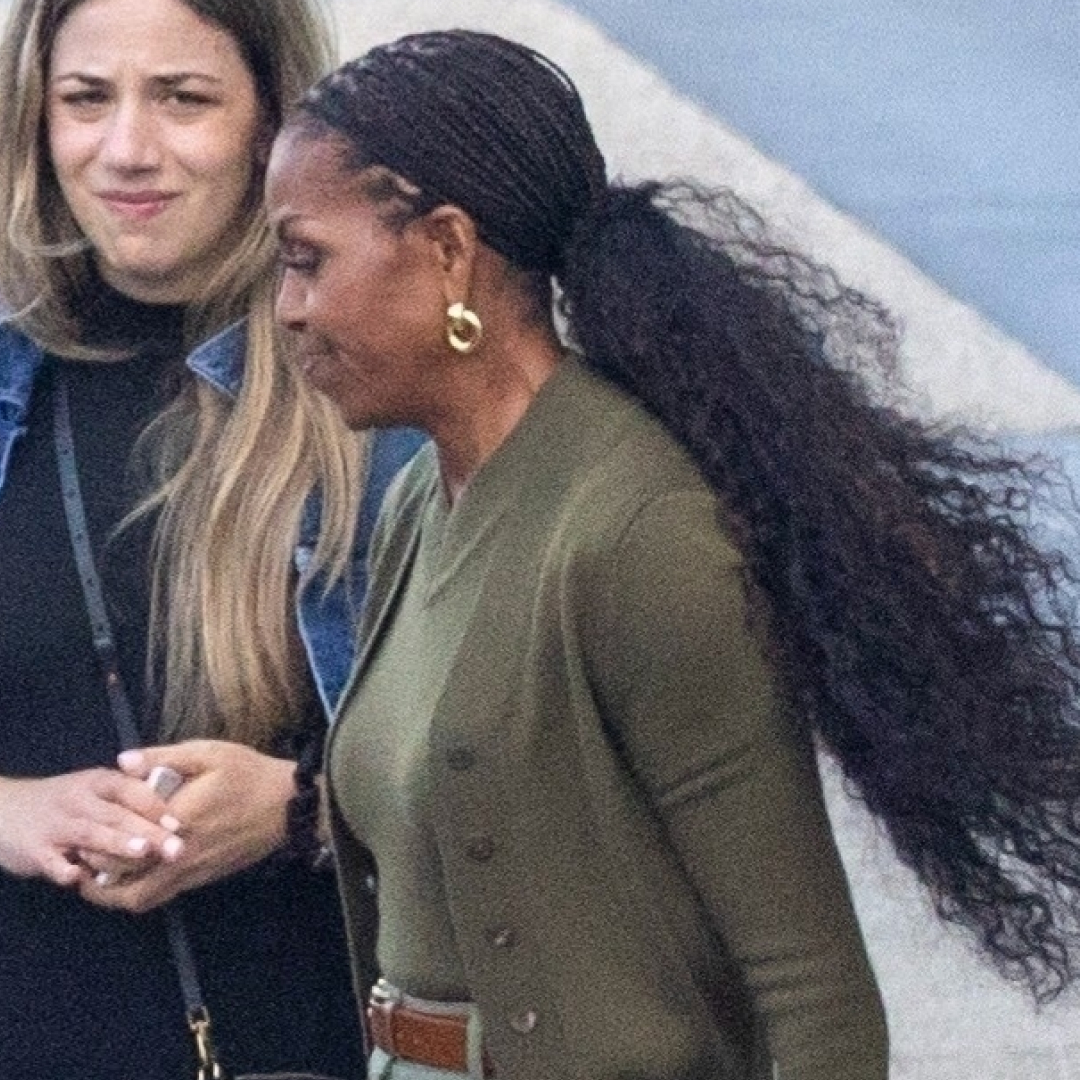 Michelle Obama Elevates Baggy Cargo Pants With a $3,700 Tote
Michelle Obama Elevates Baggy Cargo Pants With a $3,700 ToteThe former First Lady elevated her casual outfit with sleek accessories.
By Amy Mackelden
-
 Youn Yuh-Jung Didn't Want to Make Another American Movie—Then Came 'The Wedding Banquet'
Youn Yuh-Jung Didn't Want to Make Another American Movie—Then Came 'The Wedding Banquet'The Oscar winner shares why the LGBTQ+ rom-com hit close to home and the message she hopes it sends to ''conservative'' Koreans.
By Quinci LeGardye
-
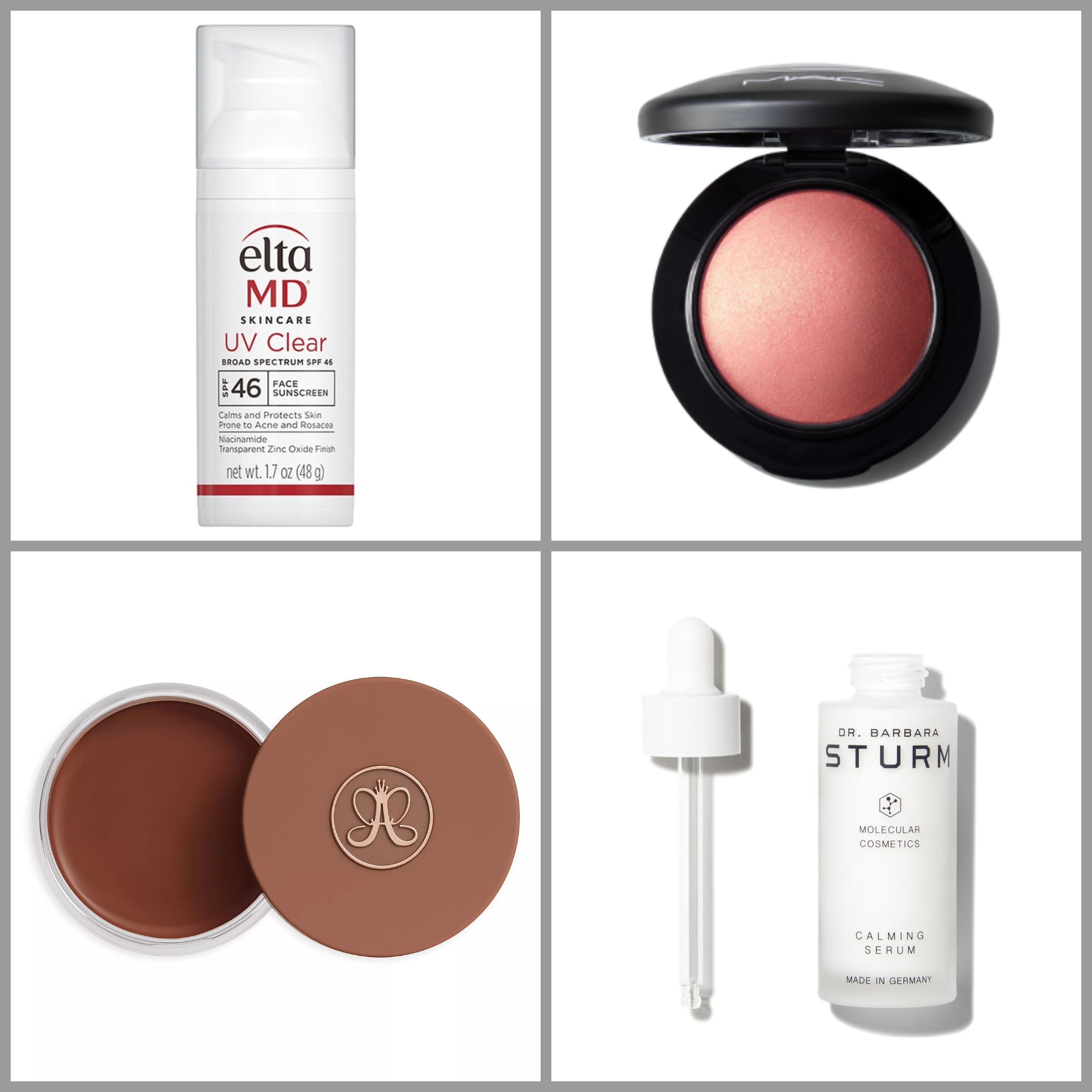 The 17 On-Sale Beauty Finds I’m Stocking Up on Ahead of Summer
The 17 On-Sale Beauty Finds I’m Stocking Up on Ahead of SummerFrom glowy blushes to the all-time best sunscreen.
By Brooke Knappenberger
-
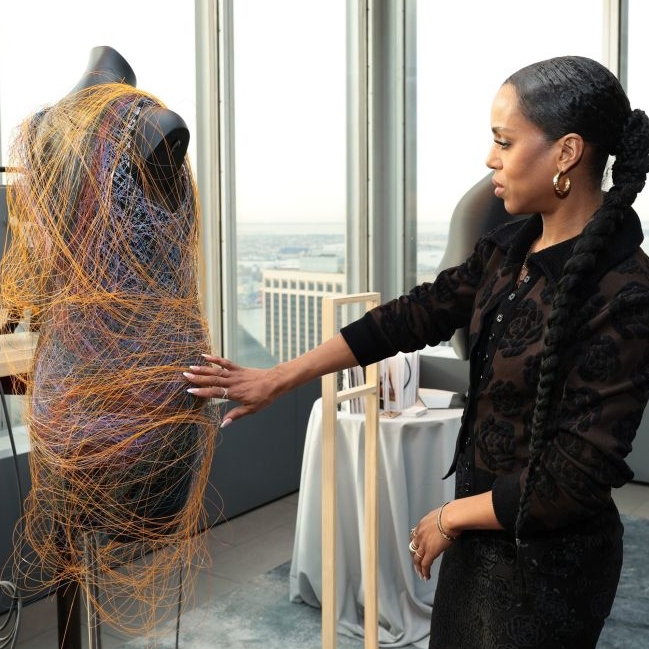 How Sustainability Will Redefine the Future of the Fashion Industry
How Sustainability Will Redefine the Future of the Fashion IndustryMarie Claire and Kering brought sustainable fashion center stage at the Fashion Our Future Event in New York City on March 16.
By Sara Holzman
-
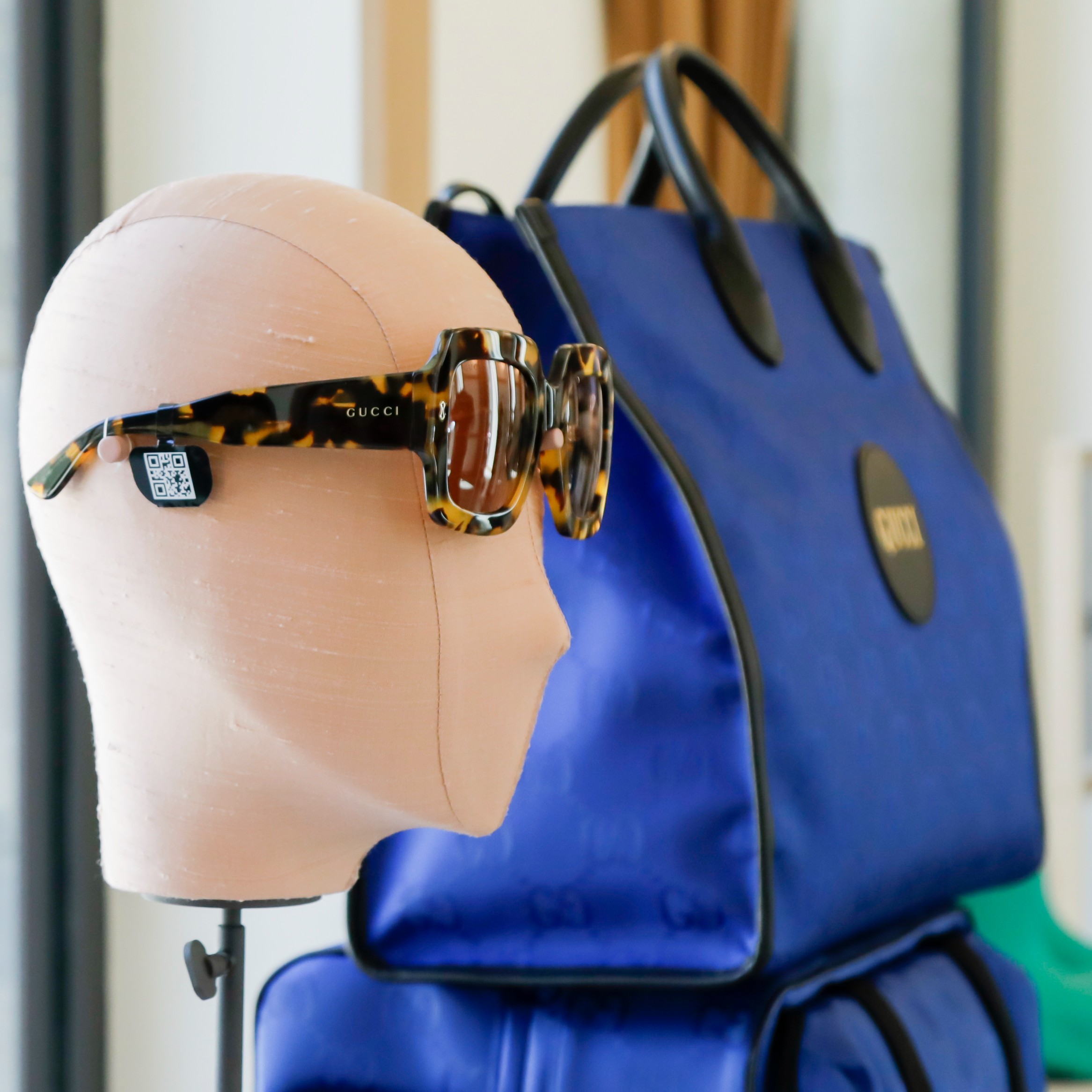 What Will Tomorrow's Fashion Look Like?
What Will Tomorrow's Fashion Look Like?Raising public awareness around ecology, fashion, and the ways in which they impact each other was the order of the day at Marie Claire and Kering group's Fashion Our Future event.
By Chloe Cohen
-
 Sustainable Denim: Everything You Wanted to Know (But Were Afraid to Ask)
Sustainable Denim: Everything You Wanted to Know (But Were Afraid to Ask)Sustainability is fashion's hottest buzzword. Here’s how to know if those jeans are actually eco-friendly—or just cleverly marketed.
By Alyssa Hardy
-
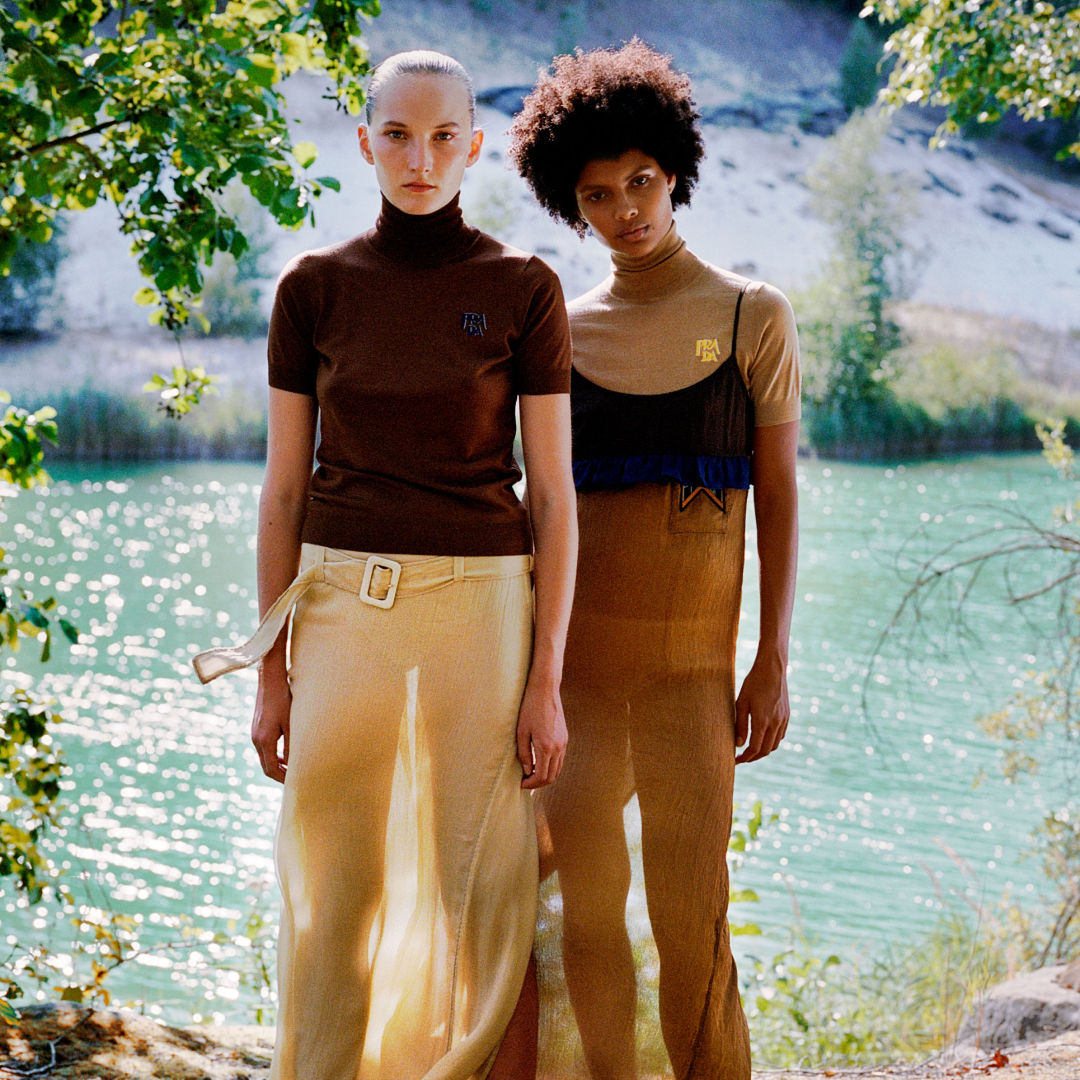 I Vetted Thousands of Sustainable Fashion Brands to Find 17 Expert-Approved Labels
I Vetted Thousands of Sustainable Fashion Brands to Find 17 Expert-Approved LabelsA comprehensive list of trustworthy names that follow through on their environmental promises.
By Emma Childs
-
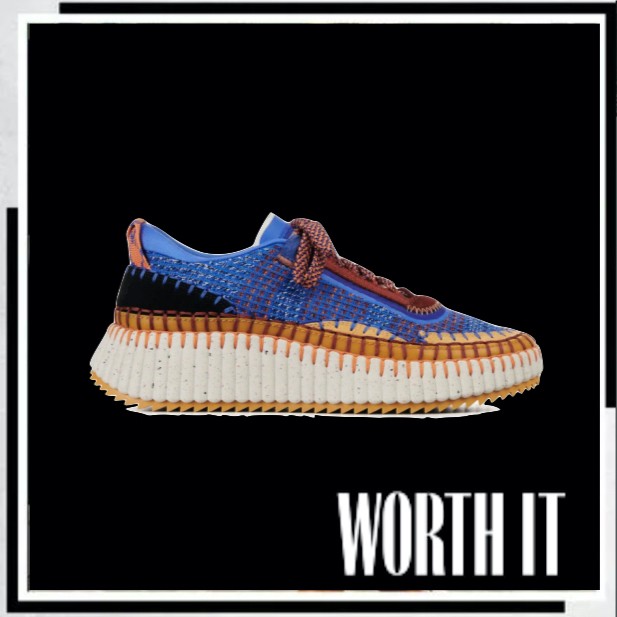 Chloé's New Lower-Impact Nama Sneaker Is a Step Ahead
Chloé's New Lower-Impact Nama Sneaker Is a Step AheadThe french fashion house is making even more strides in sustainable fashion.
By Sara Holzman
-
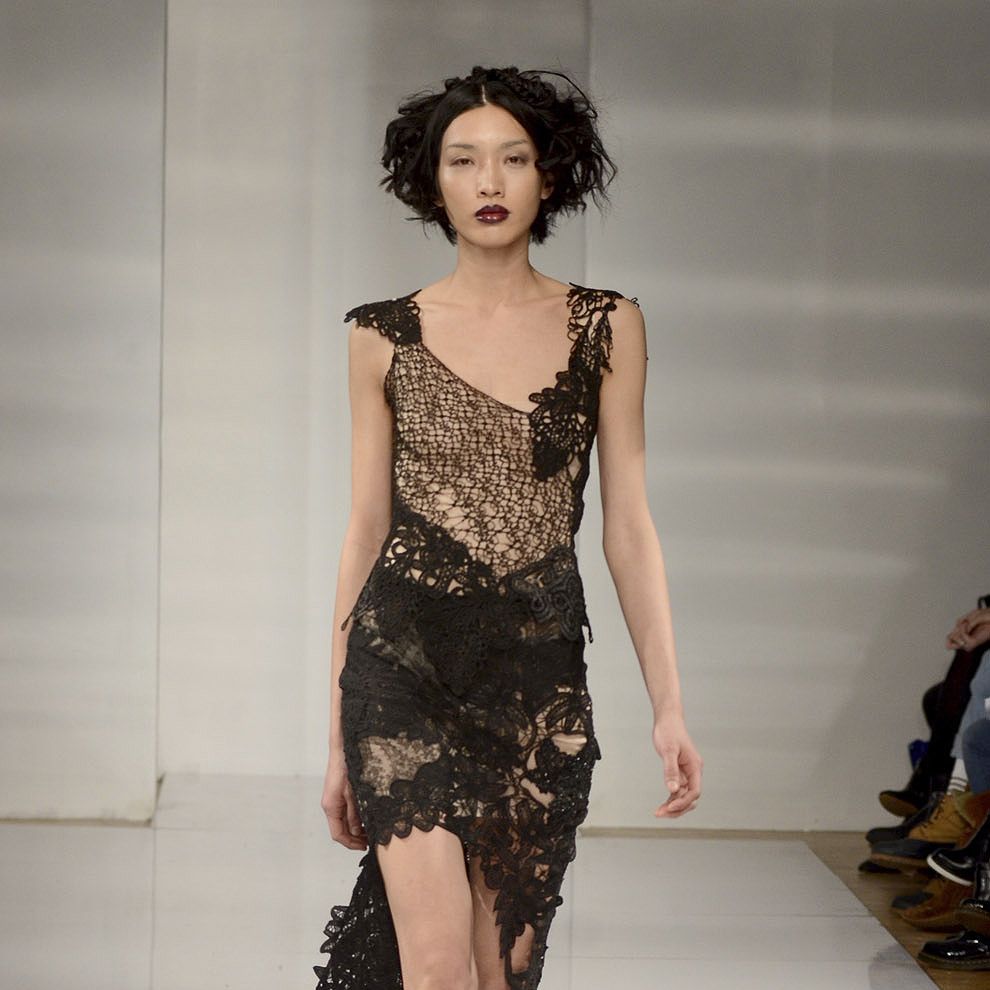 Going Green Never Looked So Chic
Going Green Never Looked So ChicFind out how Mimi New York creates a sustainable, eco-chic couture line with no waste just in time for Fashion Week. Check out MarieClaire.com for more news.
By Michelle Guerrere
-
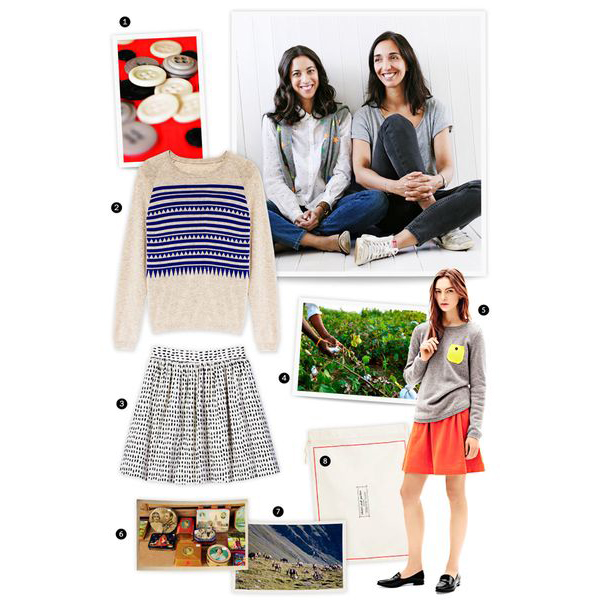 Who We Love Chinti and Parker
Who We Love Chinti and ParkerFor the English knitwear label, being sustainable and ethical is all in the details.
By Michelle Guerrere
-
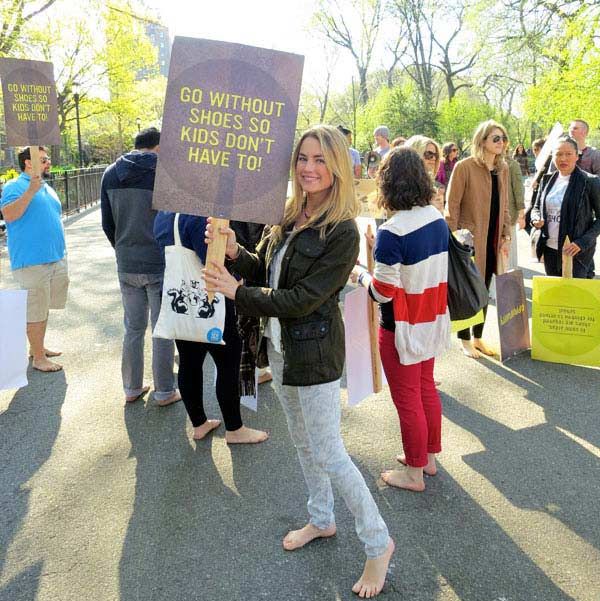 TOMS "One Day Without Shoes" in New York's Tompkins Square Park
TOMS "One Day Without Shoes" in New York's Tompkins Square ParkThis week, Amanda Hearst joined TOMS "One Day Without Shoes" Walk, and marched away with a better understanding of the campaign.
By Amanda Hearst